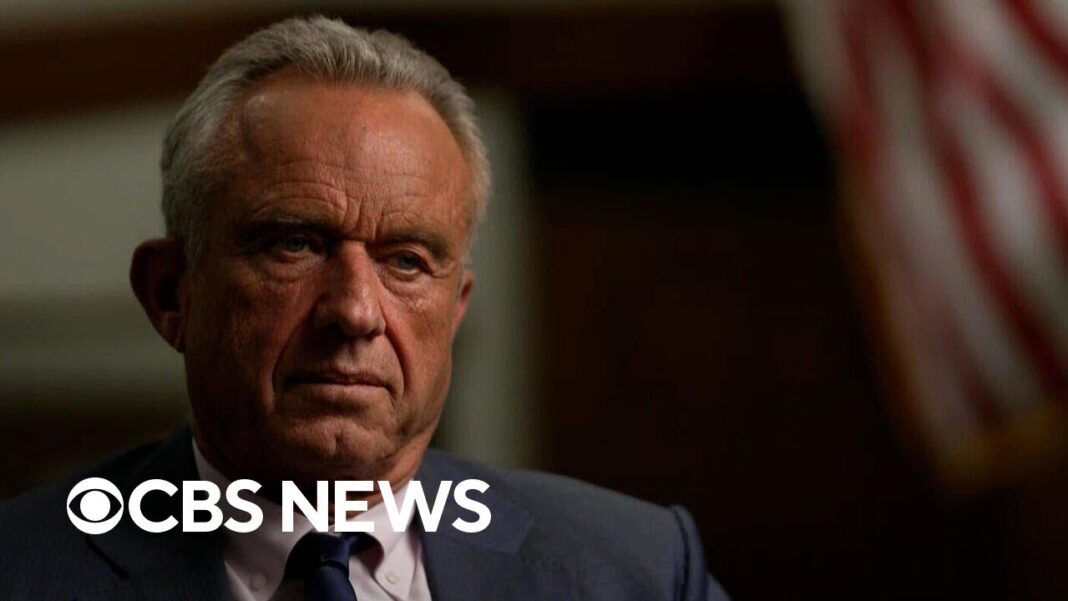A PTSD flashback, 2019:
I step out of the glass doors of the Noi Bai International Airport in Hanoi into smothering heat and a fully unfamiliar and suffocating smell, one which will become very familiar over the course of months.
Looking up, the midday sky is yellow where it should be blue. I sense a palpable film building up over my eyes — accompanied by the ever-so-slight burning sensation I will also become intimately acquainted with over time.
On the long road from Hanoi to Lao Cai, thick columns of smoke billow in every direction along the horizon.
‘What is going on?’ I wonder to myself.
Did I stumble into a time machine and end up in the Tet Offensive?
Related: My Gold-Standard Expat Memoir: Back and Better Than Ever With the Second Edition
One thing about Southeast Asia I’ve never fully understood: they almost without exception keep the interiors of their homes in immaculate condition — not a stray speck of dust to be found, with floors you can and do eat off of — only to leave the outside world a total wreck.
Back in 2016, I transitioned from Durango, Colorado to Bangkok in what was perhaps the most jarring juxtaposition of landscapes possible.
Anyone who knows anything about the yuppies of Durango will appreciate that they are super-uptight Nazis about keeping their environment pristine.
And you can hardly blame them.
In Durango, one couldn’t even get a plastic bag from the drugstore for fear it would end up on some roadside and spoil the majesty of the Rockies — because they knew what they were sitting on. The environment, in addition to being worth preserving for its own sake, was their cash cow.
From that natural paradise, it was straight into the plastic Armageddon of the Orient.
Chalk it up to the tragedy of the commons.
USAID had plans to fix it all up.
Via Hanoi Times, November 16, 2022 (emphasis added):
“The US Agency for International Development (USAID) has launched a new project against environmental pollution worth US$11.3 million for Vietnam in the next five years…
The project will bring together different people to collaborate, identify ways to solve a shared problem, and take action. In addition, it will demonstrate clear connections between environmental benefits and other social benefits, including public health, employment, and sustainable economic growth.
To foster Vietnamese leadership in addressing environmental pollution, the project will provide grants to a series of local entities to serve as the “backbone” for each collective impact initiative. These backbone organizations will serve as the local leaders for each initiative, including gaining public support, advancing policy, and leveraging additional funding.
Through a broad consultative process with authorized government agencies, local communities, and environmental experts, the Reducing Pollution project, which reflects community leadership and the private sector’s engagement, has identified six priority collective impact initiatives.”
If you ever needed proof that USAID was a waste of time and money, this venture apparently produced exactly zero tangible results, based upon my recent time in Vietnam, three years after the project to clean up the skies and landscapes kicked off.
It’s still a plastic wasteland, by and large — tragically, given the unmatched physical beauty of the nature in its untouched state, and the sky is still weird neon colors thanks to whatever floats into the atmosphere from rampant burning of anything and everything in sight.
Continuing:
“The key components will be pioneering companies, community, and consumer responsibility in plastic waste reduction in Vietnam (P3CR); developing a circular economy model in medical plastic waste management; reducing air pollution from road transportation; reducing air pollution from open burning; mitigating pollution in craft villages; and developing a transparent environmental data disclosure platform…
Vietnam faces environmental pollution challenges spurred mainly by agriculture, transportation, and industrial production. Public interest in environmental quality has steadily increased, along with calls for action to improve the environment.”
Ben Bartee is an independent Bangkok-based American journalist with opposable thumbs.
Follow Armageddon Prose. Also, keep tabs via Twitter.
Support independent journalism with a one-off, hassle-free “digital coffee” tip.
Bitcoin public address: bc1qvq4hgnx3eu09e0m2kk5uanxnm8ljfmpefwhaw





